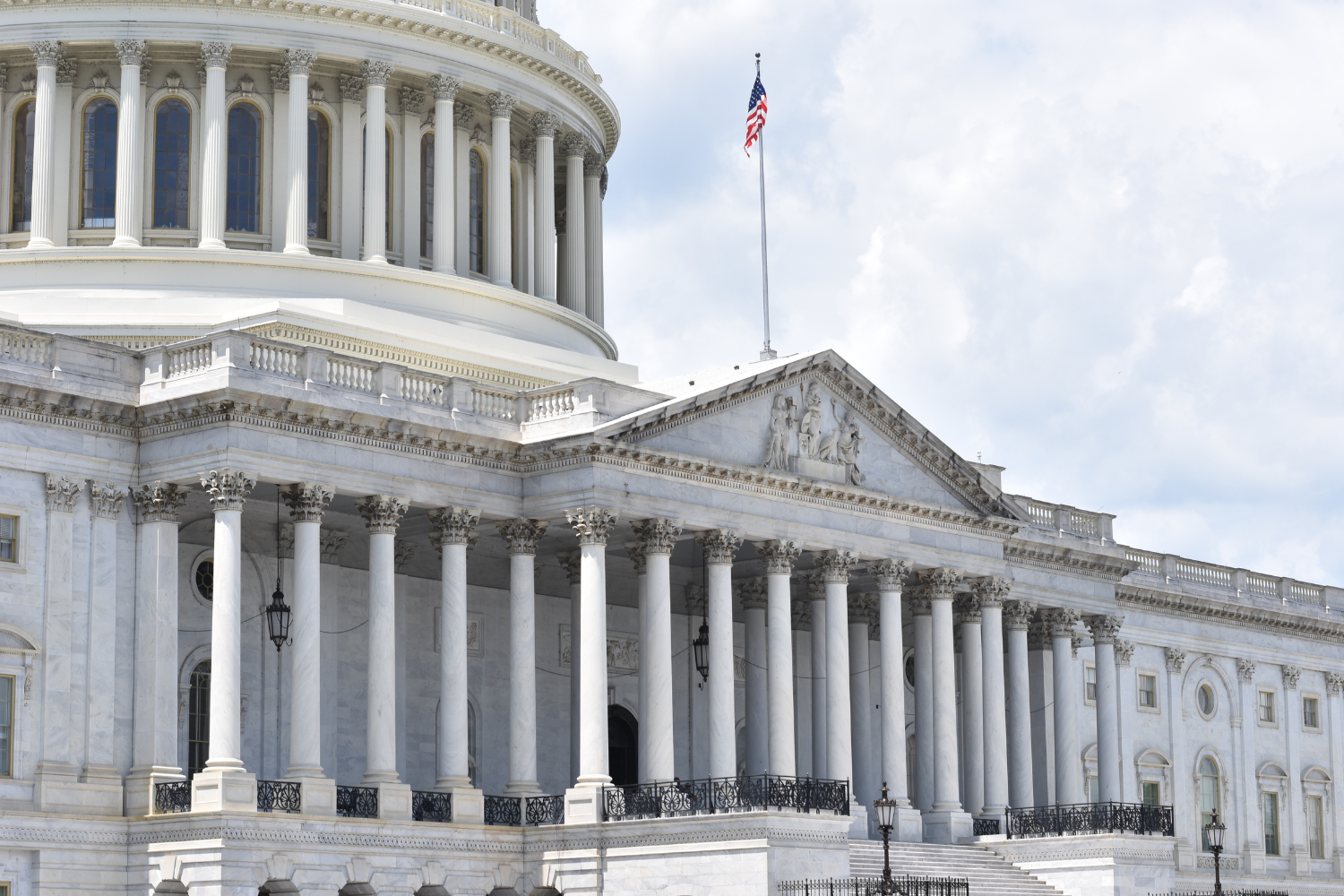On June 23, ACOFP joined dozens of other healthcare organizations in a comment letter to Senate leaders urging the senate to include the Medicare payment provision in the House-passed One Big Beautiful Bill Act (H.R. 1) in the legislative package currently under consideration in the Senate. Our legislative partners at Allston & Byrd have created a chart outlining key health care policy provisions in the Act.
The Medicare payment provision would tie the Medicare Physician Fee Schedule (MPFS) to the Medicare Economic Index, establishing a permanent annual inflation-based update. The group emphasized in the letter that without this reform, continued payment cuts will threaten access to care for Medicare beneficiaries, particularly in rural and underserved areas, and accelerate consolidation in the health care market. They also called for renewed bipartisan efforts to advance long-term Medicare payment reform.
Medicare payment reform is key to several of ACOFP's legislative priorities, including support for vulnerable populations and preserving the family medicine model of care. Under the Medicare program, the MPFS sustains access to entire care teams. This access is at risk. While Congress has intervened in prior years to soften the impact of some reductions, it failed to prevent the 2025 payment reduction, further compounding the persistent undervaluation of clinician services. When adjusted for inflation, Medicare physician payments have already declined by 33 percent since 2001.
Clinician-led practices care for around 33.9 million Americans enrolled in original Medicare, nearly half of all Medicare beneficiaries. More than 3.3 million individuals are under age 65 and qualify for Medicare due to disabling conditions and end-stage renal disease. In the most rural areas, nearly 58 percent of Medicare beneficiaries are covered by traditional Medicare, where access to reliable care remains essential and increasingly fragile.
Between 2019 and 2024, rural areas lost nearly 9,500 independent physicians and experienced a 42 percent reduction in independent rural medical practices. As a result, fewer than 12,500 independent physicians currently serve these communities. If Congress continues to delay action, access to primary and specialty care will continue to erode, forcing patients to travel long distances, leave their communities, or wait until their health deteriorates into an emergency that’s harder and more expensive to recover from. At the same time, congressional inaction has fueled ongoing consolidation and market distortions that affect patients nationwide.
Allowing another year to pass without action will only accelerate the very consolidation and access challenges that Congress has consistently said it aims to prevent – issues that have been the focus of bipartisan concern and multiple legislative efforts. ACOFP urged the recipients to support the re-launch of the bipartisan Medicare payment reform working group, which explored reforms to payment adequacy, alternative payment models, chronic care management, telehealth, and workforce shortages, as well as other strong policies.
ACOFP stands ready to work with lawmakers to protect Medicare access, support clinicians, and ensure that rural and underserved communities are not left behind.





